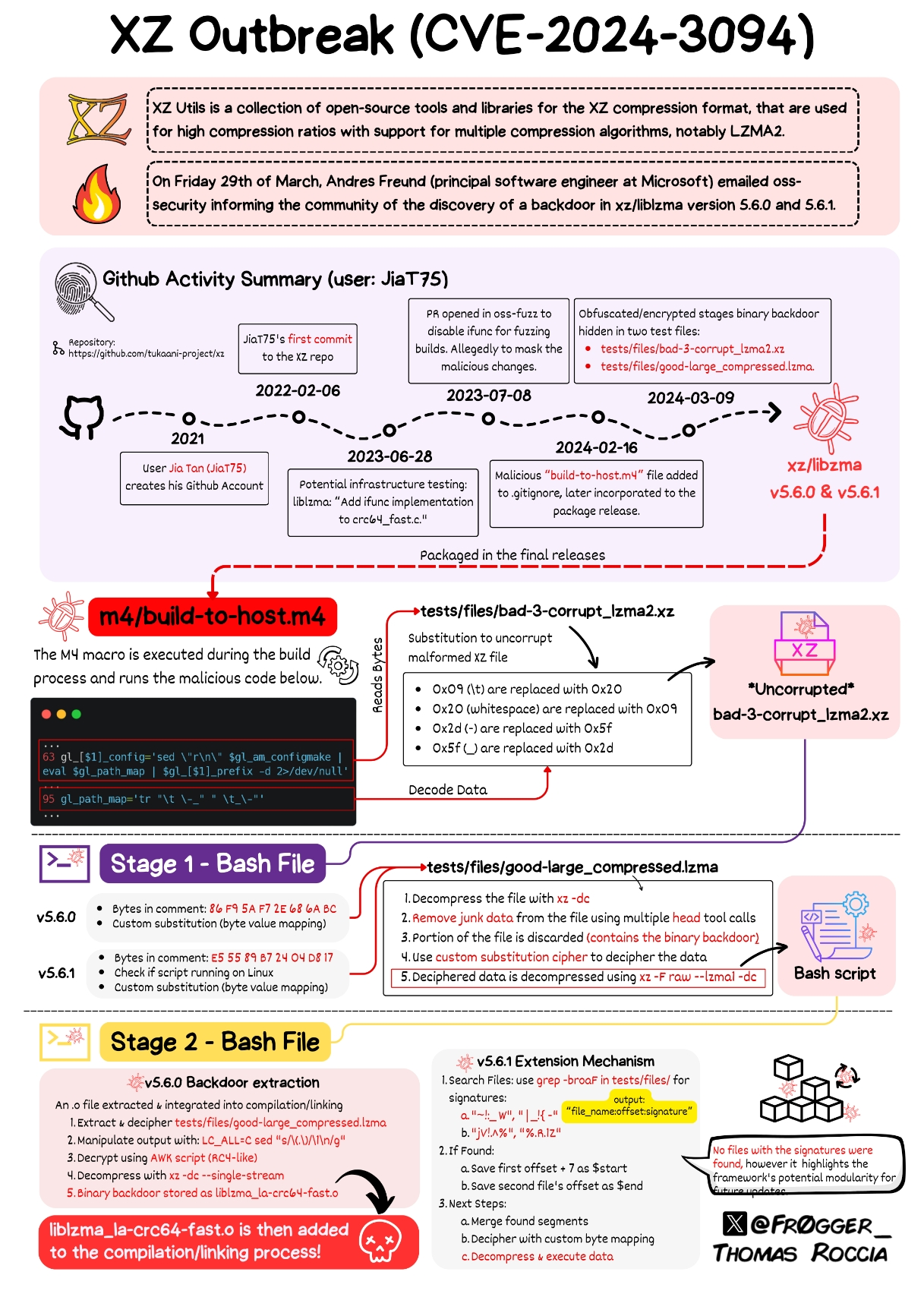this post was submitted on 01 Apr 2024
1219 points (99.2% liked)
Linux
53968 readers
1550 users here now
From Wikipedia, the free encyclopedia
Linux is a family of open source Unix-like operating systems based on the Linux kernel, an operating system kernel first released on September 17, 1991 by Linus Torvalds. Linux is typically packaged in a Linux distribution (or distro for short).
Distributions include the Linux kernel and supporting system software and libraries, many of which are provided by the GNU Project. Many Linux distributions use the word "Linux" in their name, but the Free Software Foundation uses the name GNU/Linux to emphasize the importance of GNU software, causing some controversy.
Rules
- Posts must be relevant to operating systems running the Linux kernel. GNU/Linux or otherwise.
- No misinformation
- No NSFW content
- No hate speech, bigotry, etc
Related Communities
Community icon by Alpár-Etele Méder, licensed under CC BY 3.0
founded 6 years ago
MODERATORS
you are viewing a single comment's thread
view the rest of the comments
view the rest of the comments

How would it know this? Is this defined by a person/people? If so, that wouldn't have mattered. liblzma was known in advance to be good, then the malicious update was added, and people still presumed that it was good.
This wasn't a case of some random package/program wreaking havoc. It was trusted malicious code.
Also, you're asking for an antivirus that uploads and uses a sandbox to analyze ALL packages. Good luck with that. (AVs would probably have a hard time detecting malicious build actions, anyways).
It places unknown/new software in a sandbox. You want an AV that tests all pre-existing packages in a sandbox.